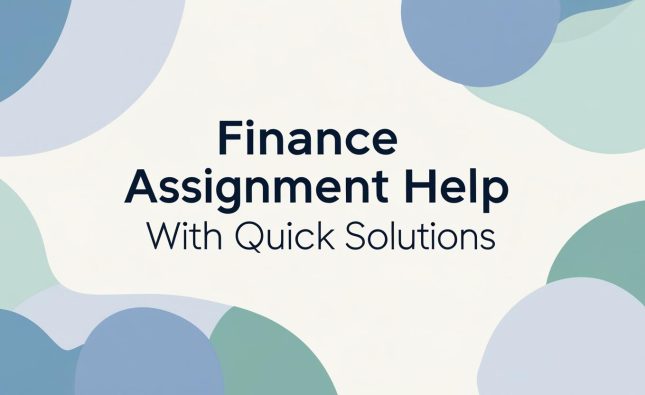
Your credit score and credit report are two important financial tools that lenders and other financial institutions use to determine your creditworthiness. But what are they exactly, and how do they work? Here’s what you need to know about the ins and outs of credit scores and reports.
What is a credit score?
A credit score is a three-digit number that represents your creditworthiness. It ranges from 300 to 850, with a higher score indicating a better credit history. Your credit score is calculated based on various factors, including your payment history, credit utilization, length of credit history, types of credit, and recent credit inquiries.
Why is your credit score important?
Your credit score is important because it’s used by lenders, credit card companies, and other financial institutions to determine your creditworthiness. A good credit score can help you qualify for loans and credit cards with lower interest rates and better terms. On the other hand, a poor credit score can make it harder to get approved for credit or loans, and may result in higher interest rates and fees.
How can you improve your credit score?
There are several ways you can improve your credit score, including:
- Paying your bills on time and in full
- Keeping your credit utilization ratio low (ideally below 30%)
- Avoiding opening too many new credit accounts at once
- Maintaining a mix of different types of credit (such as credit cards, auto loans, and mortgages)
- Checking your credit report regularly for errors and disputing any inaccuracies
What is a credit report?
A credit report is a detailed summary of your credit history. It includes information about your credit accounts, payment history, credit inquiries, and any public records (such as bankruptcies or tax liens) that may affect your creditworthiness.
Why is your credit report important?
Your credit report is important because it provides a comprehensive picture of your credit history. Lenders and other financial institutions use your credit report to determine your creditworthiness, so it’s important to make sure that the information in your report is accurate and up-to-date.
How can you access your credit report?
Under federal law, you’re entitled to a free copy of your credit report from each of the three major credit bureaus (Equifax, Experian, and TransUnion) once every 12 months. To request your free credit report, visit AnnualCreditReport.com.
In conclusion, your credit score and credit report are important financial tools that can have a big impact on your financial health. By understanding how they work and taking steps to improve them, you can take control of your credit and achieve your financial goals.










